From Skoltech innovation courses to the only startup in bioprinting in Russia
Katherine Vilinski-Mazur, PhD-3, Mathematics and Mechanics | Founder, CEO
Bogdan Kirillov, PhD-3, Life Sciences | Co-Founder, CTO
Maksim Annikov, MSc-1, Energy Systems | Chief Marketing Officer
Bogdan Kirillov, PhD-3, Life Sciences | Co-Founder, CTO
Maksim Annikov, MSc-1, Energy Systems | Chief Marketing Officer
Meet Skoltechians who run a startup "Spheroid Revolution": Katherine Vilinski-Mazur, Bogdan Kirillov and Maksim Annikov. Their team develops a spheroids' quality and a bioprinter for revolution in 3D bioprinting. Skoltech students are welcome to join the project. Enjoy their story!
about Spheroid Revolution: where it all began & main challenges
Katherine Vilinski-Mazur: We develop software (SaaS) and hardware for tissue spheroids' quality and function optimization via revolution in 3D bioprinting and biofabrication. Uniting mathematics, physics, ML, biology, engineering and code, we create the innovation to ensure effective commercial use of biofabrication and bioprinting. Our goal is to save lives and make this world better.
It all began at the MEPhI desk, during Professor Vladimir Mironov lecture about 3D bioprinting. I realized that I have a dream about starting my own company in this scope, and since that moment, I have started to do something in this way.
Bogdan Kirillov: It all began a year ago after I met Katherine and we brainstormed about how to do the modeling part. Main challenge right now is the lack of funds. We need at least 500 000$ to run.
Maksim Annikov: The startup itself started as software for existing 3D bioprinters. Our software helps to increase the survival rate of cells in printing. Now we are looking much wider. We recently started developing our own 3D Bioprinter. We are now one of very few who are doing it.
It all began at the MEPhI desk, during Professor Vladimir Mironov lecture about 3D bioprinting. I realized that I have a dream about starting my own company in this scope, and since that moment, I have started to do something in this way.
Bogdan Kirillov: It all began a year ago after I met Katherine and we brainstormed about how to do the modeling part. Main challenge right now is the lack of funds. We need at least 500 000$ to run.
Maksim Annikov: The startup itself started as software for existing 3D bioprinters. Our software helps to increase the survival rate of cells in printing. Now we are looking much wider. We recently started developing our own 3D Bioprinter. We are now one of very few who are doing it.
Spheroid Revolution
SPHEROID REVOLUTION SOFTWARE (SaaS) offers a Quality Control Service for 3D bioprinting companies, including evaluation of the entire cell structure viability and the size distribution of the produced spheroids.
Check the Website>>>
SPHEROID REVOLUTION SOFTWARE (SaaS) offers a Quality Control Service for 3D bioprinting companies, including evaluation of the entire cell structure viability and the size distribution of the produced spheroids.
Check the Website>>>
how the startup started
Katherine Vilinski-Mazur: It was the COVID pandemic, and I just started the innovation course by Professors Dmitry Kulish and Alexey Nikolaev. I have wanted to create a science-based business in bioprinting for some years at the moment. I just realized that the time had come.
Bogdan Kirillov: I do actually believe in the idea of making a bioprinting hardware and physics modelling software.
Maksim Annikov: I joined this startup after the innovation workshop. For that, I am very thankful to my mentor — Michael Akimov.
Bogdan Kirillov: I do actually believe in the idea of making a bioprinting hardware and physics modelling software.
Maksim Annikov: I joined this startup after the innovation workshop. For that, I am very thankful to my mentor — Michael Akimov.
Katherine & Bogdan at Startup Village
how Skoltechians can join Spheroid Revolution
We welcome Skoltech students a lot! We would be happy to have new students join us! We need persons with the following skills:
✦ HW Intern
tasks: help with developing a part of our bioprinter (engineering).
✦ Microfluid tech Intern
tasks: help with developing a part of our bioprinter relating to microfluid technology.
✦ ML Intern
tasks: help our developers working with SaaS using Python, ML (PIN networks), git, math (PDE).
✦ Frontend Intern,
task: to develop an interface for our SaaS.
Benefits: exclusive work experience (you'll work in the Skolkovo resident startup, the only one bioprinting startup in Russia!)
If you'll pass the internship successfully and will continue to work with us: option agreement (depending on your salary and involvement we'll calculate the part of the company that you'll own when we'll come to the next round).
Contact us at info@spheroidrevolution.com to discuss opportunities for participation.
✦ HW Intern
tasks: help with developing a part of our bioprinter (engineering).
✦ Microfluid tech Intern
tasks: help with developing a part of our bioprinter relating to microfluid technology.
✦ ML Intern
tasks: help our developers working with SaaS using Python, ML (PIN networks), git, math (PDE).
✦ Frontend Intern,
task: to develop an interface for our SaaS.
Benefits: exclusive work experience (you'll work in the Skolkovo resident startup, the only one bioprinting startup in Russia!)
If you'll pass the internship successfully and will continue to work with us: option agreement (depending on your salary and involvement we'll calculate the part of the company that you'll own when we'll come to the next round).
Contact us at info@spheroidrevolution.com to discuss opportunities for participation.
support from Skoltech
Katherine Vilinski-Mazur: Skoltech supports me a lot, and as a startup, we're very grateful to all our colleagues here. Skoltech CEI colleagues provide with great mentoring. We signed an Investment and License agreements with Skoltech, and have strong support in various directions from legal to IP. Besides, Professors Dmitry Kulish and Alexey Nikolaev's courses on innovations encouraged me to start with my startup and gave me excellent basic knowledge to be ready.
Bogdan Kirillov: Skoltech supports us in various ways starting from wonderful business mentorship (shout out to Professor: Mikhail Akimov, Dmitrii Syaglov and Dmitrii Kulish) to an amazing prototyping space, the FabLab.
Maksim Annikov: Skoltech has played a huge role in our project. Thanks to Skoltech, we all met each other. I appreciate huge help from the CEI department every step of the way, from finding resources to team building.
Bogdan Kirillov: Skoltech supports us in various ways starting from wonderful business mentorship (shout out to Professor: Mikhail Akimov, Dmitrii Syaglov and Dmitrii Kulish) to an amazing prototyping space, the FabLab.
Maksim Annikov: Skoltech has played a huge role in our project. Thanks to Skoltech, we all met each other. I appreciate huge help from the CEI department every step of the way, from finding resources to team building.
typical day & responsibilities in the project
Katherine Vilinski-Mazur: My typical day consists of a lot of research and administrative work. Sometimes I have meetings, online or in person. My responsibilities vary from leading in the research part (because the theme of our project is linked with my current PhD theses) to checking tasks, deadlines and administrative stuff. For now, we hired Project Manager, so it should become a bit easier for me (but I think I will just have less administration and more research).
Bogdan Kirillov: I wake up, do a morning routine, then carry out the tasks I've planned for the day until I have decide I had enough. In this project I am responsible for building the prototype.
Maksim Annikov: My position in the project is Chief Marketing Officer. Due to this, I am looking for new resources for the project and new partners, and preparing obligatory documentation for pitches or reporting to the company. The pool of work is broad and abstract a bit.
Bogdan Kirillov: I wake up, do a morning routine, then carry out the tasks I've planned for the day until I have decide I had enough. In this project I am responsible for building the prototype.
Maksim Annikov: My position in the project is Chief Marketing Officer. Due to this, I am looking for new resources for the project and new partners, and preparing obligatory documentation for pitches or reporting to the company. The pool of work is broad and abstract a bit.
how do you combine startup and study
Katherine Vilinski-Mazur: I have busy evenings and sometimes only one or zero weekends. Yes, work/life balance is a bit painful for me. However, I'm trying to keep all my tasks in the "rule 80/20".
Bogdan Kirillov: For me it's not a big deal. I usually plan in advance what I am going to do for a day. Sometimes that plan goes out of the window, but it's business as usual.
Maksim Annikov There is time for both. In Skoltech you either combine your studies with research or with startups. Luckily I'm able to combine both.
Bogdan Kirillov: For me it's not a big deal. I usually plan in advance what I am going to do for a day. Sometimes that plan goes out of the window, but it's business as usual.
Maksim Annikov There is time for both. In Skoltech you either combine your studies with research or with startups. Luckily I'm able to combine both.
Maxim at Startup Village
why Skoltech
Katherine Vilinski-Mazur: For me, Skoltech is the only place in Russia where science join innovations and become "viable". So, Skoltech was my dream institute since my second year in MEPhI.
Bogdan Kirillov: I joined Skoltech because I found a lab that required my skills and had projects that I got interested in.
Maksim Annikov: First, for excellent opportunities to tool startups. Skoltech gives as many opportunities as any other university in Russia. And, of course, the high level and opportunities for great scientific research.
Bogdan Kirillov: I joined Skoltech because I found a lab that required my skills and had projects that I got interested in.
Maksim Annikov: First, for excellent opportunities to tool startups. Skoltech gives as many opportunities as any other university in Russia. And, of course, the high level and opportunities for great scientific research.
scientific advisors & some highlights from studies
Katherine Vilinski-Mazur: I have actually two advisors – Professor Iskander Akhatov and Professor Alexander Pasko. The main highlight of my studies is that real multidisciplinary work could make surprises every day: you start by adjusting geometric methods and after a couple of days you find yourself in numerical calculations, thinking about ML implementation. But it's interesting.
Bogdan Kirillov: I have two advisors. My main scientific advisor is Professor Konstantin Severinov from the Center of Life Sciences and my co-advisor is Professor Maxim Panov from the Center of Artificial Intelligence Technologies.
Some highlights of my studies:
1) Goal of applied Machine Learning research in Biology is not to construct the best model and achieve SOTA, as in typical Machine Learning, but to answer a biological question. It really, in most cases, doesn't matter that your model underperforms compared to more complex ones, if a biological insight can be achieved through it. One would benefit more from favoring explainability rather than performance.
2) Contrary to what most ML practitioners believe, the less Machine Learning is used, the better. What a researcher must decide, is what the minimal amount of ML that solves the problem is.
3) Biologists don't like statistics, math and so on, and they are absolutely right. A clearly visible strong result that requires no statistics to get is much better than crazy big data crunching pipelines. If you are planning an experiment, you have to strive to plan it in that way: if case A, then cell dies, otherwise lives. No stats, no math. Use stats and math only if you have no other option.
Maksim Annikov: My supervisor is Professor Vladimir Terzija. My fondest memory is the Innovation workshop.
Bogdan Kirillov: I have two advisors. My main scientific advisor is Professor Konstantin Severinov from the Center of Life Sciences and my co-advisor is Professor Maxim Panov from the Center of Artificial Intelligence Technologies.
Some highlights of my studies:
1) Goal of applied Machine Learning research in Biology is not to construct the best model and achieve SOTA, as in typical Machine Learning, but to answer a biological question. It really, in most cases, doesn't matter that your model underperforms compared to more complex ones, if a biological insight can be achieved through it. One would benefit more from favoring explainability rather than performance.
2) Contrary to what most ML practitioners believe, the less Machine Learning is used, the better. What a researcher must decide, is what the minimal amount of ML that solves the problem is.
3) Biologists don't like statistics, math and so on, and they are absolutely right. A clearly visible strong result that requires no statistics to get is much better than crazy big data crunching pipelines. If you are planning an experiment, you have to strive to plan it in that way: if case A, then cell dies, otherwise lives. No stats, no math. Use stats and math only if you have no other option.
Maksim Annikov: My supervisor is Professor Vladimir Terzija. My fondest memory is the Innovation workshop.
advice to Skoltech students who want to launch their startup
Katherine Vilinski-Mazur: Be positive, creative, and never give up! If you really want to start your project and you're not afraid to learn something new – Skoltech gives you all opportunities to do it! And, as Prof.Kulish told us at the Startup Village this year, realize that a crisis is not only something dangerous, but also something that brings you an opportunity. And when you'll pass the danger, only opportunities remain.
Bogdan Kirillov: Do your science first.
Maksim Annikov: Be persistent and believe in your idea. Believing in people who go all the way is not a good idea.
Bogdan Kirillov: Do your science first.
Maksim Annikov: Be persistent and believe in your idea. Believing in people who go all the way is not a good idea.
and now about Skoltech
We are Skoltech. A new type of university in Russia, established in 2011 in collaboration with MIT with the vision of being a world-leading institute of science and technology. From the zero stage, Skoltech has rapidly advanced along the way towards a top-100 young university recognized globally by Nature Index.
Discover Skoltech in less than 3 minutes
more stories? sure: